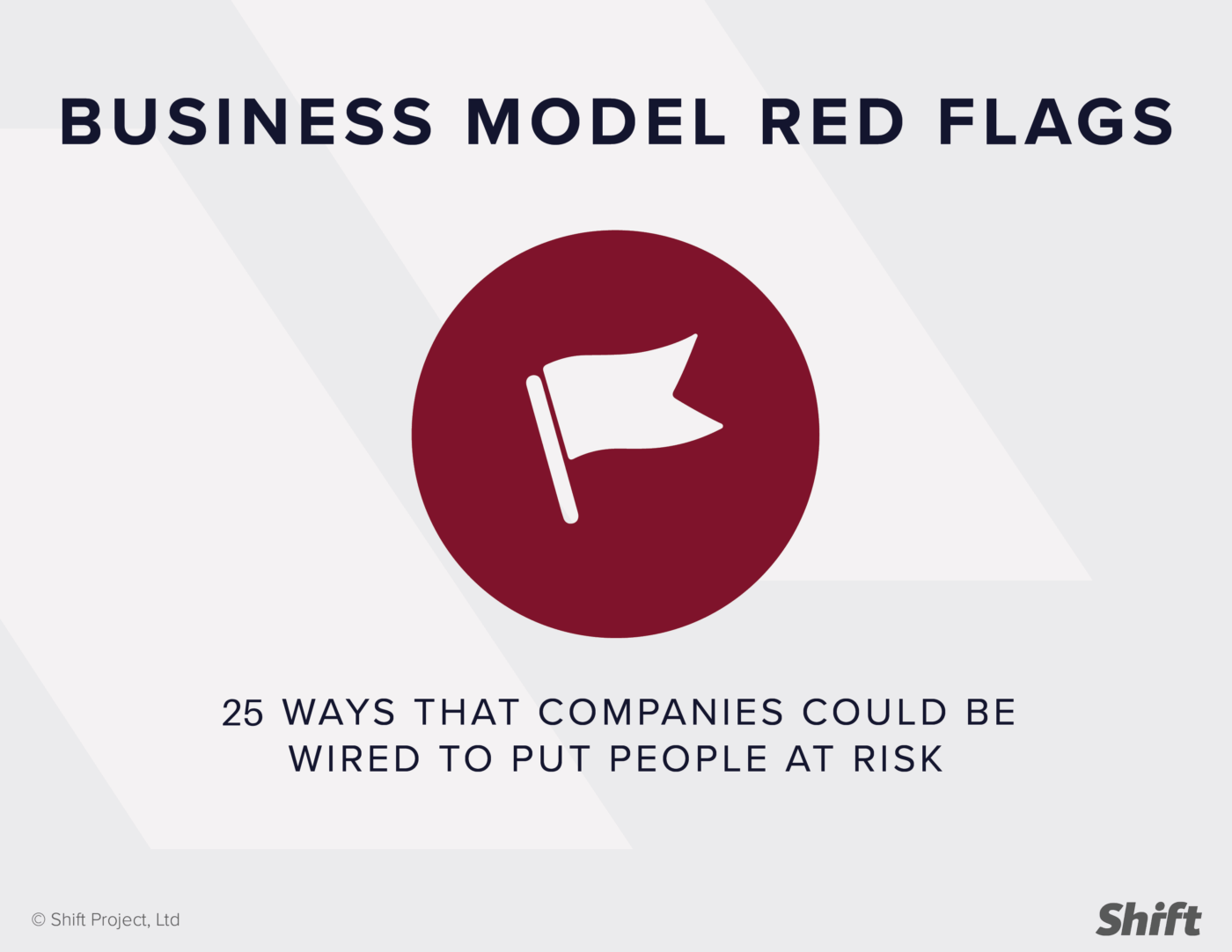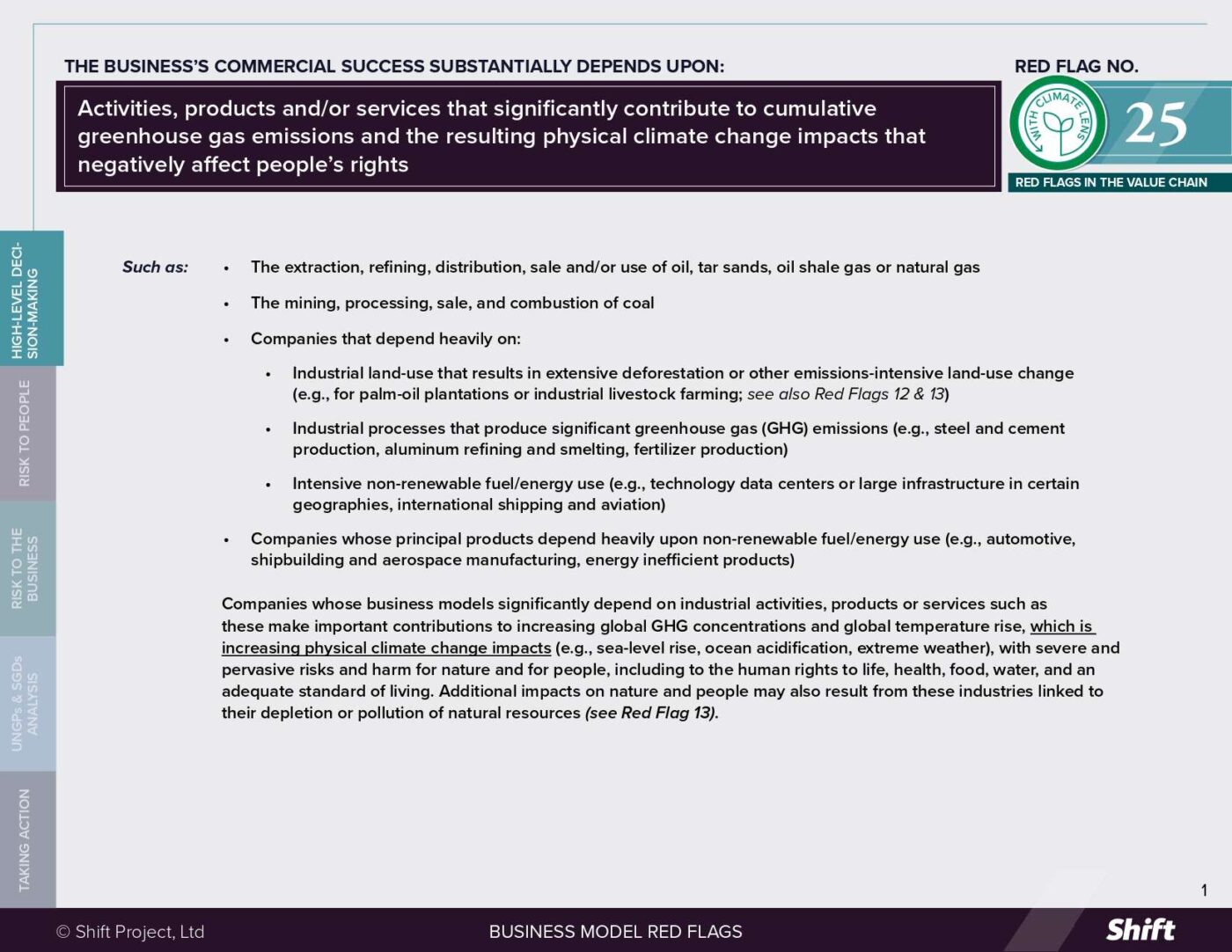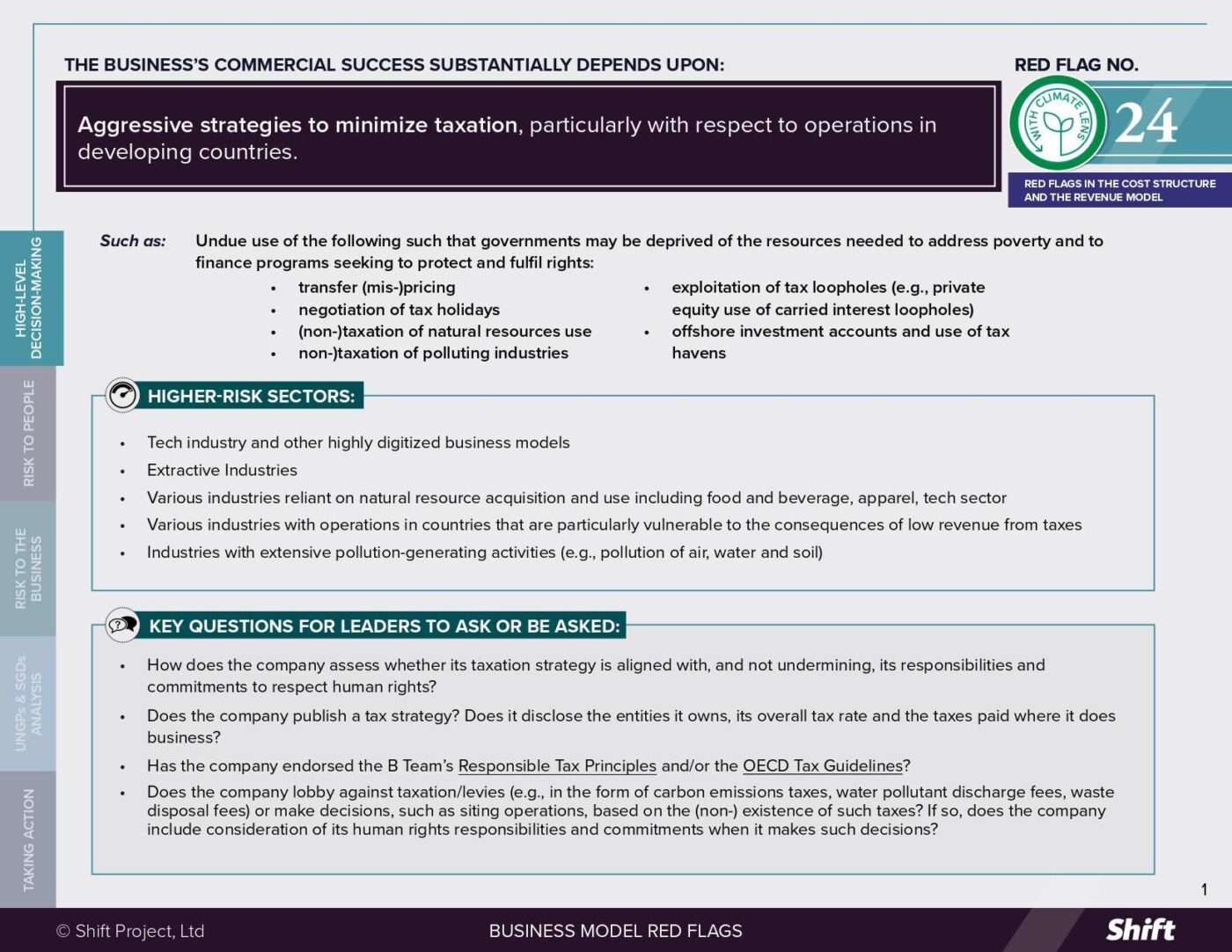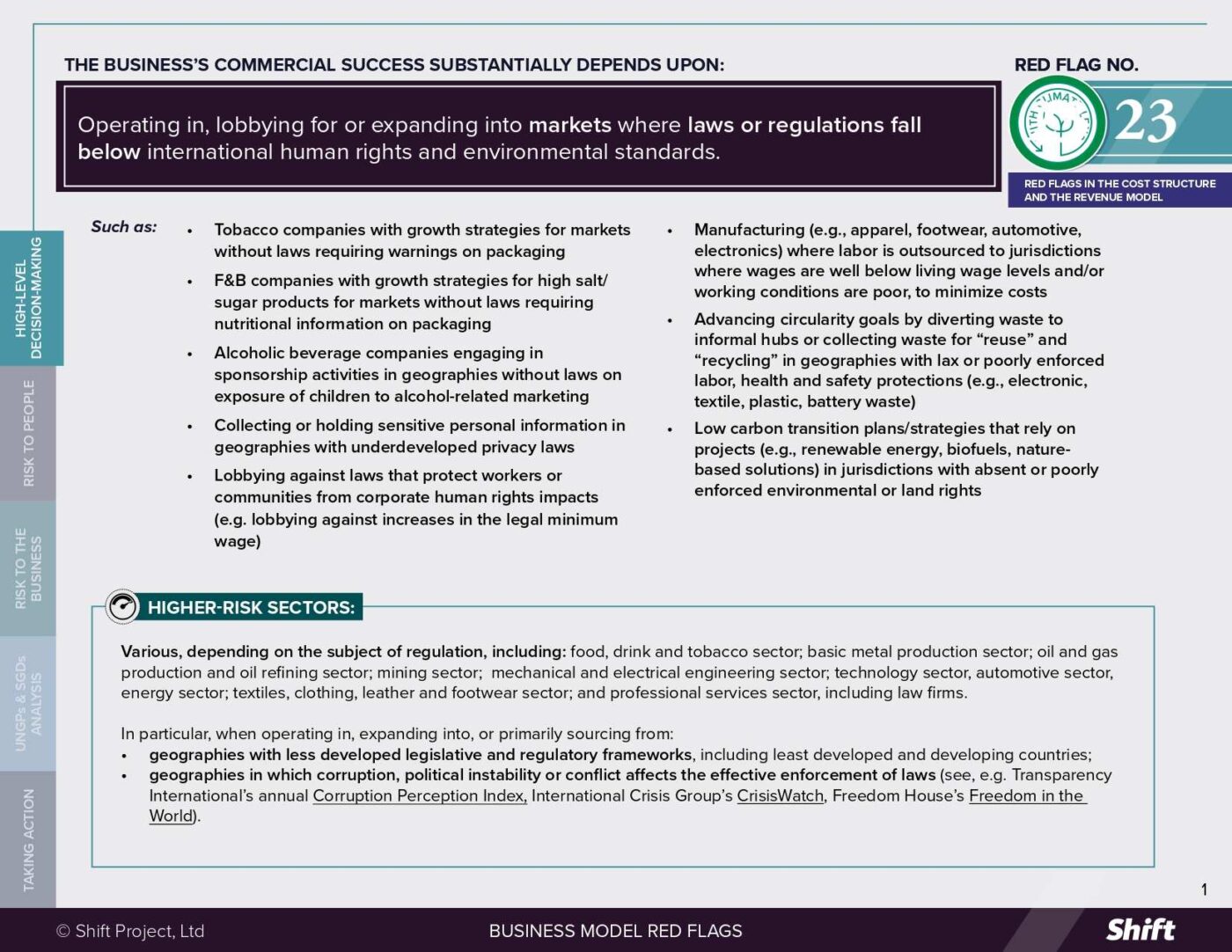Also see: Guidance | Information about this collaboration
This Viewpoint was originally published by the UK Equality and Human Rights Commission.
The UK Equality and Human Rights Commission launched a short but significant guide today for the directors of UK companies, developed in collaboration with Shift. Its title says it all: “Business and human rights: A five step guide for company boards.”
These days it seems that business and human rights stories are never far from the news: be it bonded labor in a mattress factory in Yorkshire or discrimination through blacklisting of workers by UK construction companies.
By now, it’s pretty obvious – or it should be – that companies large and small can become involved with human rights abuses, whether in their own operations or, more typically for UK companies, through their ever more complex value chains.
Equally obvious are the tremendous risks this can bring to companies themselves, from lawsuits to reputational harm, to the loss of business opportunities, investments or the chance to recruit the best new employees.
Yet the origins of how these stories arise are often far less obvious than their results. They lie in a thousand business decisions and actions a day in which the people who may be impacted are often far away in time, space and the consciousness of those who make the decisions. Meanwhile, the decisions themselves are needed in the here and now: whether to tell that supplier to adjust an order’s design to meet consumer demands without the budget to pay more; whether to double the numbers of staff on contract to trim the costs of benefits and help make budget; whether to proceed with purchasing that valuable asset on land that was acquired in the face of community protest.
These are decisions made typically without thought to harming anyone anywhere. But they are decisions that can contain the seeds of often damaging outcomes.
Five years ago next month, the United Nations Human Rights Council endorsed the UN Guiding Principles on Business and Human Rights, responding to this reality. They set out the duty of states to protect human rights against abuse by business, and they set out a blueprint for what companies need to do to avoid being involved with harm to people and to address any negative impacts that may nevertheless occur.
The standards are clear, and expectations of companies are set. But there is no check list for getting this right in practice. As the growing ranks of UK companies that are taking these issues seriously can attest, it takes time and effort. No organization, business or other, can embed new ways of thinking across hundreds, thousands or tens of thousands of people overnight.
And that’s where this guide comes in. Respecting human rights is not a compliance challenge, nor a task to tick off the list. Companies will never get it right if they treat it as a game of whack-a-mole: when a problem pops up in one place you bring your hammer down on it, only to find a similar one pops up somewhere else and respond likewise.
It takes the right policies, processes and systems, but it also takes the right leadership, accountability and governance. It requires a board of directors that recognizes that respecting human rights must become part of how business gets done and makes it part of their job to ensure that happens.
The advent of the Modern Slavery Act brings this into sharp relief. Company boards now have to sign off statements on what they are doing to avoid slavery and trafficking in their supply chains. Those companies that treat this as an isolated legal compliance exercise will compare poorly with those that have a clear and coherent narrative about what their company does to respect for human rights, of which this forms one part. See Shift’s brief on the UK Modern Slavery Act and the UN Guiding Principles.
The Commission’s new guide sets out just five key steps for board directors. It signposts what directors need to do in order to know and show that their company is respecting people’s human rights in practice. Companies that are getting this right are able both to meet the expectations of the UN Guiding Principles and to respond to new UK reporting requirements. They can see the benefits of stronger reputations, reduced risk to the business, increased business opportunities: in short, an enhanced ability to protect and create value sustainably.
Seems like a no-brainer.
 By Caroline Rees
By Caroline Rees



